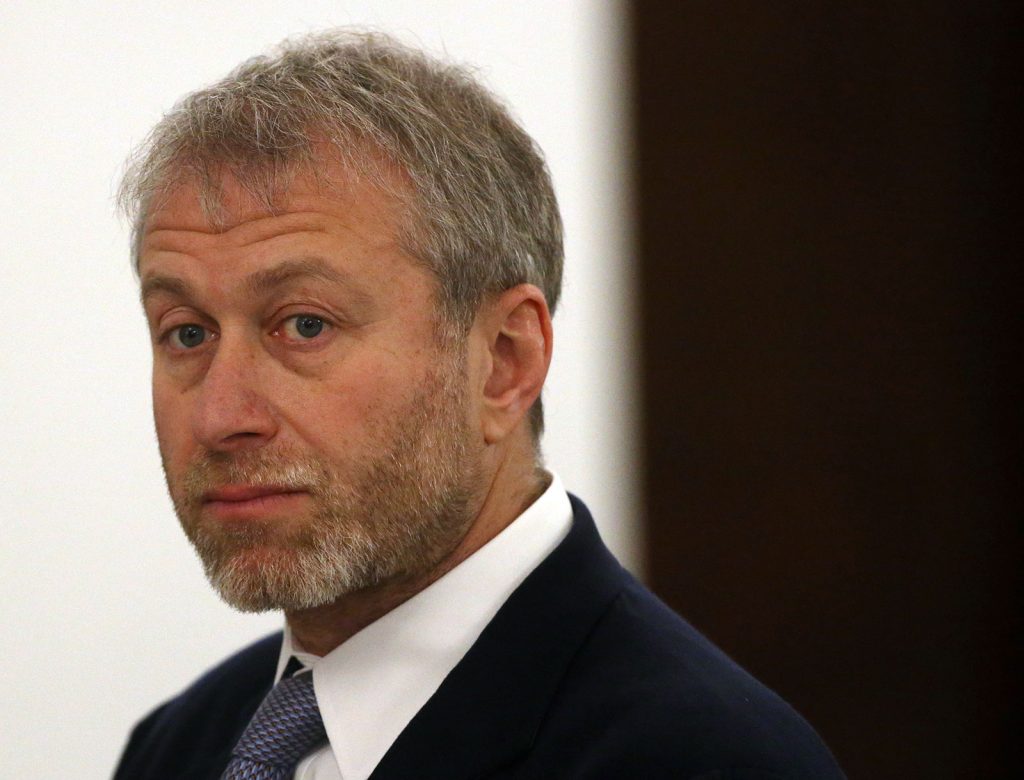

In an interview on Sunday with Russian journalists, Ukrainian President Volodymyr Zelensky spoke at length about an important point in possible peace negotiations: the possibility of Ukraine’s neutrality.
We are ready to accept this,” Zelensky said. “This is the most important point.”
Zelensky and Ukrainian officials have long said they are willing to talk about Ukraine’s neutrality if NATO is not willing to accept the country as a member of the alliance.
This, in theory, would satisfy one of Russian President Vladimir Putin’s demands: that Ukraine abandon its NATO aspirations.
But it is not that simple. Zelensky also made clear that Ukraine would reject “neutrality” without legally binding security guarantees. In light of Russia’s invasion of Ukraine, the Ukrainian leader said he was not interested in empty promises.
“I am interested in making sure it is not just another piece of paper along the lines of the Budapest Memo,” he said.
Zelensky was referring to a little-remembered moment in post-Cold War history. With the collapse of the Soviet Union, Ukraine became – on paper at least – the third largest nuclear stockpile in the world.
Russia retained operational control of those weapons, but Ukraine signed an agreement in 1994 to give up nuclear weapons on its territory in exchange for security guarantees, including protection of Ukraine’s territorial integrity and political independence.. This is something Russia, signatory to the Budapest Memorandum, did decisively by annexing Crimea in 2014 and invading Ukraine in February.
Mykhailo Podolyak, Zelensky’s chief adviser, said security guarantees should, in essence, include a commitment from guarantors to help Ukraine in the event of aggression.
And it’s important to add that neutrality – the kind that Putin might find palatable – is not something Zelensky could simply offer. The aspiration for NATO membership is enshrined in the Constitution of Ukraine.
This is where Zelensky gave Russian interlocutors some lessons learned in Ukraine’s democratic processes. He explained that security guarantees should be followed by a referendum in Ukraine.
“Why? Because we have a law on referendums,” said Zelensky. “We passed it. Changing this or that situation … Security guarantees presuppose constitutional changes. You understand, don’t you, the constitutional changes? ”
Herein lies the difference. Russia has a political system built on one man – Putin – and Zelensky is the head of a democratic country. Even if neutrality is on the table, the Ukrainian people will have their say.

“Travel specialist. Typical social media scholar. Friend of animals everywhere. Freelance zombie ninja. Twitter buff.”





More Stories
Taiwan is preparing to face strong Typhoon Kung-ri
Israel orders residents of Baalbek, eastern Lebanon, to evacuate
Zelensky: North Korean forces are pushing the war with Russia “beyond the borders”